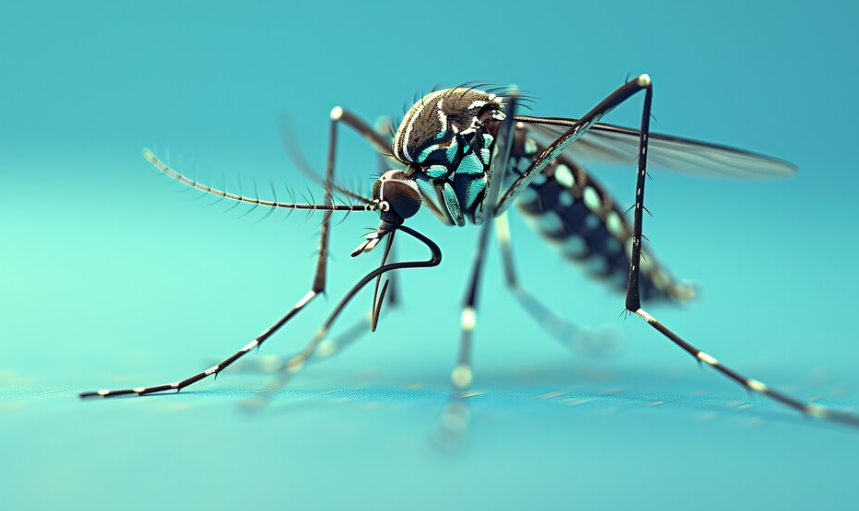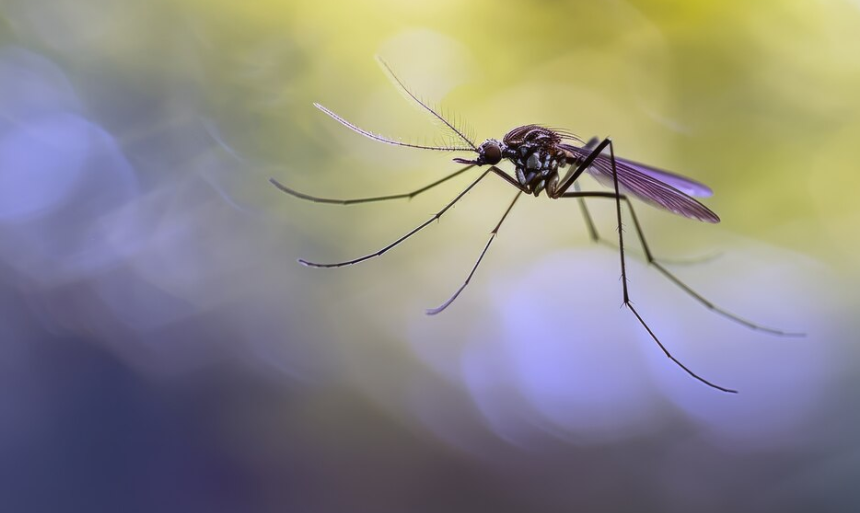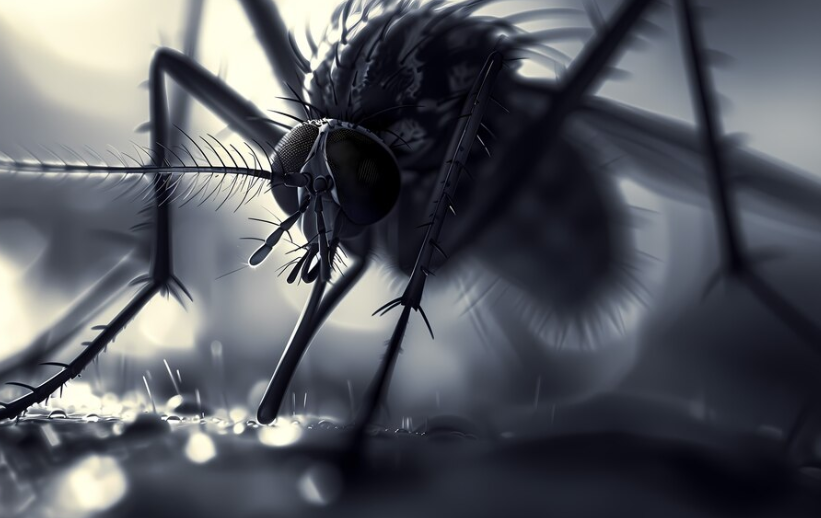The Zika virus is predominantly transmitted by mosquitos of the Aedes genus, notably Aedes aegypti and Aedes albopictus. These mosquitos are also known to spread other diseases, including dengue, chikungunya, and yellow fever. Aedes aegypti’s predilection for feeding on people and adaption to urban surroundings make it particularly adept at passing the viral infection Zika.

zika virus
The Zika virus has a mosquito-borne flavivirus it was initially discovered in Uganda in 1947. It is mostly transmitted by the bites of infected Aedes mosquitos, specifically the genera Aedes aegypti and Aedes a species of alb. Transmission can also occur between mother and child during pregnancy, by sexual activity, and perhaps through blood donation. The symptoms of Zika virus infection may be minor, including a rash, conjunctivitis, a fever and joint discomfort, headache, and malaise. However, the virus poses a considerable danger during pregnancy since it can cause serious birth defects like microcephaly and other brain abnormalities in the fetus. In rare situations, Zika virus infection can cause the syndrome Guillain-Barré, a neurological condition.The diagnosis is verified via laboratory testing that reveal the virus or as antibody in blood or urine. There is no particular therapy for Zika, thus care focuses on symptom relief. Personal protection against mosquito bites and managing the environment to limit mosquito breeding builds are both part of the prevention strategy.

Symptoms of the Zika virus
Minor Symptoms: The majority of people who are infected with the Zika virus show no symptoms. When symptoms do appear, they are usually modest that last from only a few days to a week.
Symptoms include:-Fever, Headache, Muscle and Joint Pain, Rash, Malaise.. etc
Major complications: While most occurrences of Zika virus infection are mild, the disease offers considerable risks while pregnant and can result in serious problems.
Pregnancy Defects: The most worrying problem is microcephaly, which happens when a baby is born with a considerably smaller head or brain, resulting in developmental delays and intellectual challenges. Other serious prenatal neurological issues include brain tissue loss, impaired nerve connections, and incorrect eye development.
Guillain–Barré Syndrome (GBS): In rare cases, Zika virus infection may trigger Guillain-Barré syndrome, a serious disease in which the immune system hits peripheral nerves. Symptoms of GBS include muscular weakness, tingling in the arms and legs, and, in severe instances, paralysis. Although GBS is often brief, illness can be fatal if it affects the muscles that govern respiration.
Read more: 5 physical signs that can suggest a heart attack.

Treatment
Any Special Treatment:There are no particular antiviral treatments for Zika virus infection. Care is helpful and aims to alleviate discomfort.
Avoidance:The best strategy to avoid Zika virus infection is to use insect repellent, wear long-sleeved shirts and pants, apply mosquito nets, and remove standing water where mosquitos may nest.
Learning the symptoms and potential problems of contracting the Zika virus highlights the significance of prevention, particularly among pregnant women and those expecting to become baby. Prevention and supportive therapy can help manage minor symptoms, but avoiding infection is still the most effective way to avoid serious complications.